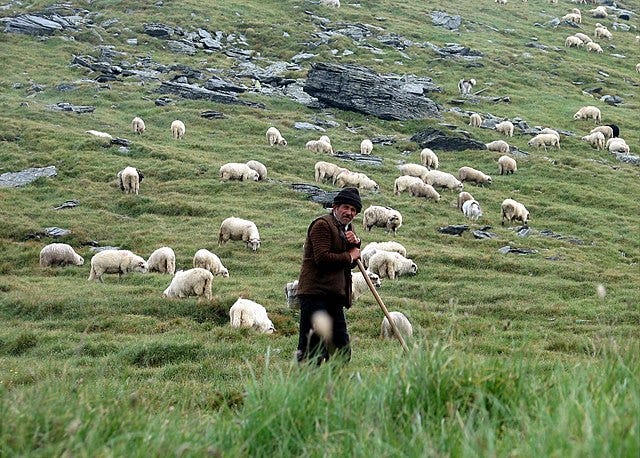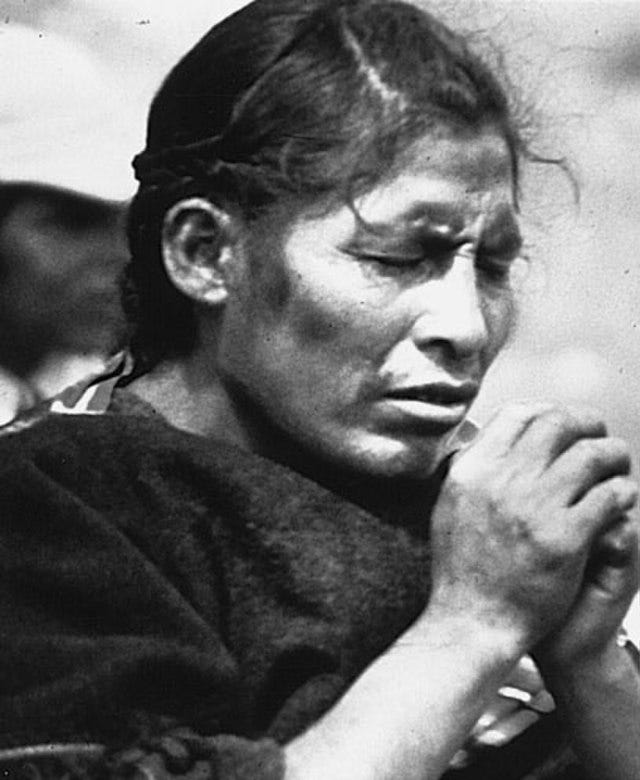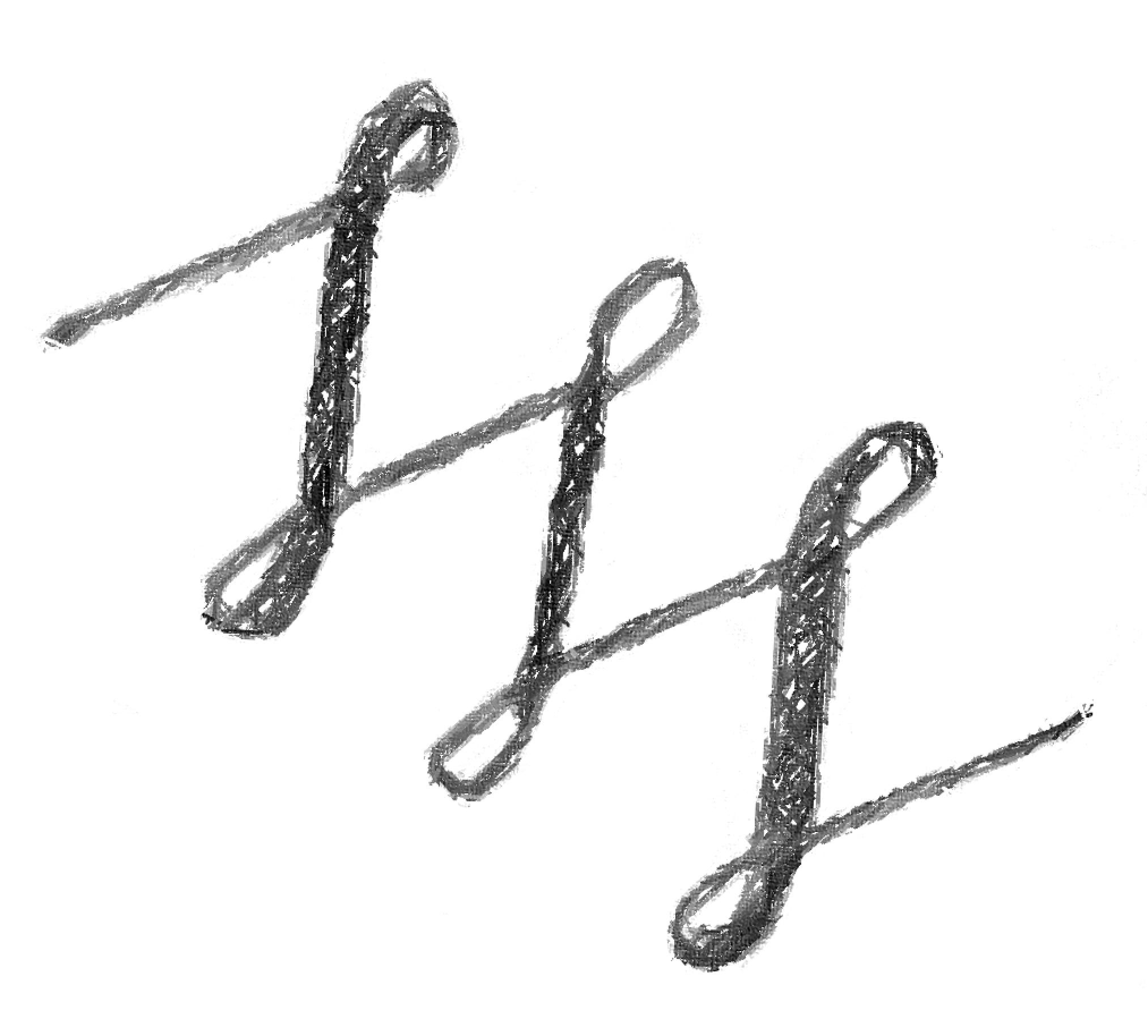Hi all,
Thank you for joining me today. We’re looking at two songs, “Todo Cambia”, by Julio Numhauser and “Sólo le Pido a Dios”, by León Gieco. If you’d like to hear the songs before you read the background, I’ve included a YouTube video below the article.
Below, you’ll find my interpretation of the lyrics (written in italics). Comments and questions are welcome. For Japanese students, vocabulary words in bold are provided in Japanese below. TOEFL (PBT) 450+, Eiken 2, CEFR B1.
(801 words)
About Mercedes Sosa
In the 1960s, in the U.S., there were many songs about social issues. These came to be known as “protest music.” Singers in countries in Latin America, however, thought that their songs described their own culture and issues. That’s one reason they didn’t call their music “protest songs.” They called their songs Nueva canción or New Song. There was a movement of people who sang these songs using the musical instruments of the region.
The two songs for today are sung by Mercedes Sosa. She was born in Argentina in 1935. She sang many, many songs from various countries in Latin America. After a military coup occurred in Argentina in 1976, leading to a dictatorship, many people who opposed it were murdered or disappeared. Mercedes Sosa was arrested. Her music was banned in the country. She was forced to move to Paris and Spain, but in 1982, she was able to return home. Throughout her life, she worked to defend human rights and to send a message of peace and solidarity to people around the world.
Todo Cambia (Everything Changes)
This simple song describes the seasons as they pass, the simple things that change over time.
That which is superficial changes, that which is profound also changes
The way of thinking changes, everything in this world changes
The climate changes over the years, the shepherd changes his flock
And just as everything changes, it is not strange that I should change
The brilliance of the finest diamond changes as it passes from hand to hand
The little bird changes its nest, the feeling of a lover changes
The traveler changes his course even if it hurts him
And just as everything changes, it is not strange that I should change
.
Changes, everything changes
.
The sun changes its course to allow the night to survive
The plant changes and dresses green in the spring
The beast changes its fur / The hair of the old man changes
And just as everything changes, it is not strange that I should change
Up to this point, the song describes beautiful images of nature and of how human beings go through the experience of life. Now, the lyrics themselves change direction and show us a different truth - that the singer has left her home country.
But my love does not change, no matter how far away I am
Neither the memory nor the pain of my homeland and my people
In the Spanish lyrics, there is a word pueblo. It can have several meanings: country, town or village, or people. I’ve chosen homeland to include the natural beauty that the singer remembers.
The song ends on a somewhat hopeful thought. Even though times are hard now, things will eventually change.
What changed yesterday will have to change tomorrow
Just as I change in this faraway land
Sólo le pido a dios (I ask God only this…)
The second song is Sólo le pido a dios (I ask God only this…). This song is a kind of prayer asking God for personal qualities. The word indifferent means to not care, to not be actively involved or to be interested. Here, the singer is asking to never have those qualities but to always have compassion.
I only ask God that I not be indifferent to pain
That a parched (dry) death may not find me empty and alone, not having done enough
At the end of her life, the singer wants to feel as though she has done her best to help others.
I only ask God that I not be indifferent to injustice
That they won’t slap my other cheek
After a claw has scratched this destiny of mine
The phrase “to turn the other cheek” comes from a phrase in the Bible, “If anyone slaps you on the right cheek, turn to them the other cheek also.” It means that we should have a peaceful response to aggression or injustice. However, here, there is a feeling of standing up to injustice. It’s fine to turn the other cheek, but if the other person slaps you again, they should not expect a peaceful response.
I only ask God that I not be indifferent to war
It's a big monster, and it’s stomping on all the poor innocence of the people
I only ask God that I not be indifferent to deceit
If a traitor can do more than a group of people
That those few people should not easily forget it
I only ask God that I not be indifferent to the future
The person who is hopeless has to go away
To live in a different culture
These two beautiful songs tell of hardship and struggle, but they are also saying that we cannot lose our humanity, our ability to show kindness toward other people. We should treat others with understanding and consider their well-being and that of society as a whole.
Question:
What do you think the last three lines of I only ask God mean?
VOCABULARY
region 地域
dictatorship 独裁
defend 守る
superficial 表面的な
profound 奥深い
shepherd 羊飼い
flock (of sheep) 群れ
brilliance 輝き
fur 毛皮
faraway 遠く離れた
qualities 資質
indifferent 無関心
injustice 不正
claw 鉤爪
aggression 侵略
stomp 踏みつける
innocence 潔白
deceit 欺瞞
traitor 裏切り者
hardship / struggle 苦難
SOURCE
Beezley, W. H., & Curcio-Nagy, L. A. (2012). Latin American Popular Culture Since Independence: An introduction. Rowman & Littlefield.








Thanks for bringing this wonderful woman and her music to our attention.
" I only ask God that I not be indifferent to injustice - - - regardless of how exhausting it is.